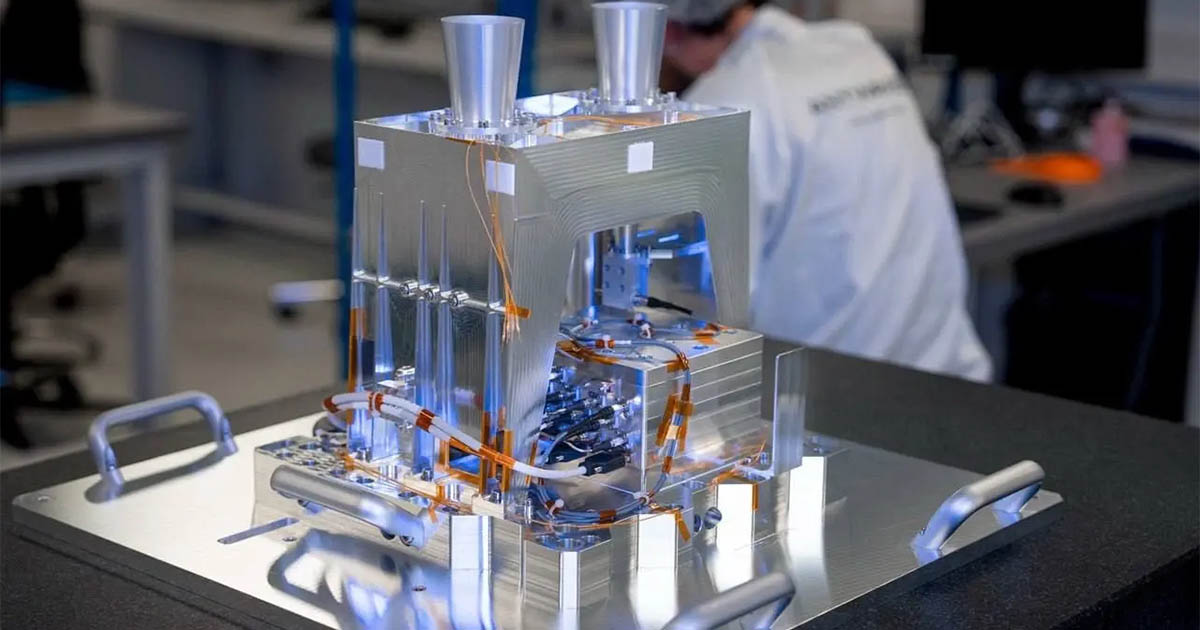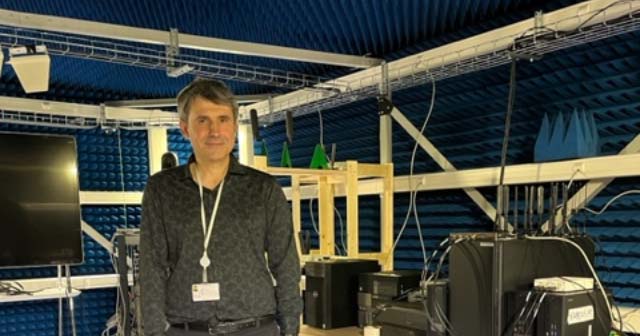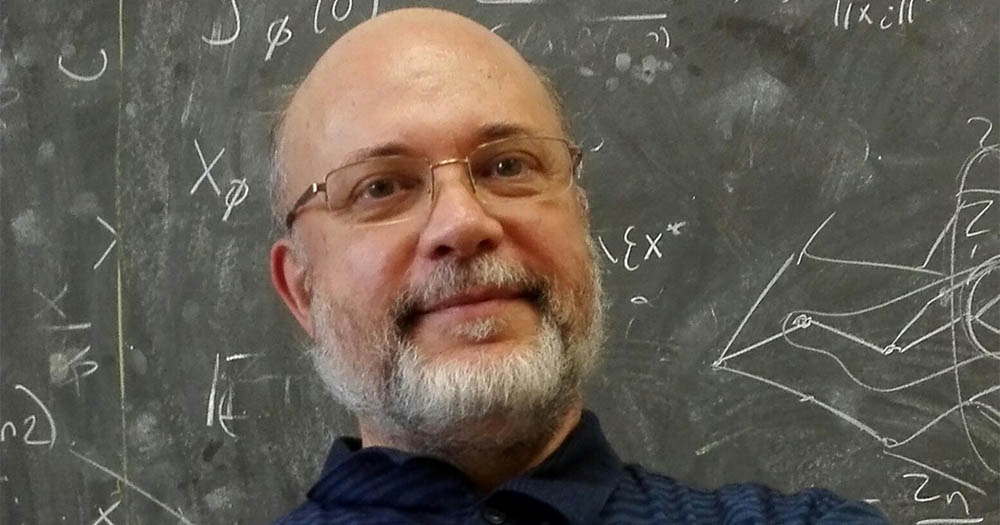Univity space programme praised by the French President: two of our researchers involved
02 September 2025
Image source IMT
A strategic project for sovereignty and innovation
This project (originally named Global Constellation) aims to build a unique space infrastructure capable of meeting growing connectivity needs, including in the most isolated areas. Thanks to a constellation of interconnected satellites, the objective is to ensure high-performance global coverage while strengthening the digital sovereignty of France and Europe versus major international players in the sector.
This initiative is part of the France 2030 plan, which supports the development of strategic infrastructure and national technological sovereignty.
French President Emmanuel Macron has praised this project for its innovative nature and its contribution to France’s industrial and scientific influence.
An active contribution from IMT and its researchers
IMT is participating in this ambitious programme as an academic and scientific partner. Two researchers from Télécom Paris, Philippe Martins (LTCI) and François Baccelli (Visiting Professor, Research Dir. at Inria, co-founder of Lincs), are contributing their expertise in key areas: optimisation of 5G and 6G networks in a space context, large-scale data traffic management, and seamless integration of terrestrial and satellite networks.
This partnership illustrates the driving role of Télécom Paris, and therefore IMT, in disruptive research and innovation, serving inclusive, resilient and sustainable digital technology.
A first success in orbit
The UniSpark demonstrator was launched into orbit on 23 June 2025 aboard SpaceX’s Transporter-14 mission from the Vandenberg launch base in California.
Positioned in Very Low Earth Orbit, UniSpark is testing high-speed, low-latency connections based on the 5G mmWave spectrum. Initial ground and in-orbit testing has begun, with a first end-to-end connection confirming the transition to the operational phase.
This launch marks a milestone for the programme. Transported by D-Orbit’s ION vehicle, UniSpark is enabling the validation of the project’s first technological building blocks. Tests are ongoing, and the initial results are promising.
Philippe Martins: the relationship with Univity is very fruitful
It was created thanks to a connection made by IMT as part of the French government’s France 2030 innovation policy.
It was developed at Lincs and the LTCI’s RMS (Networks, Mobility and Services) team, focusing on scientific and technological issues at the interface between communications and satellite dynamics.
The solutions and approaches proposed in the project are innovative and contribute to national and European sovereignty in the field of telecommunications. These new network architectures are central to the future of large digital infrastructures.
These topics attract young researchers from very different backgrounds, whose results are already internationally recognised. For example, our research group was invited to organise a workshop on these topics at EUCNC 25 in Poznan, Poland, in June 2025.
BPI funding has enabled the recruitment of two young postdocs who are very active in these fields, one of whom is now a senior lecturer at Télécom Paris. In addition, Univity has recruited a former Lincs doctoral student. Furthermore, a new doctoral student is starting to work on these topics as part of the Réseaux du Futur (Networks of the Future) programme, in conjunction with the BPI project.

